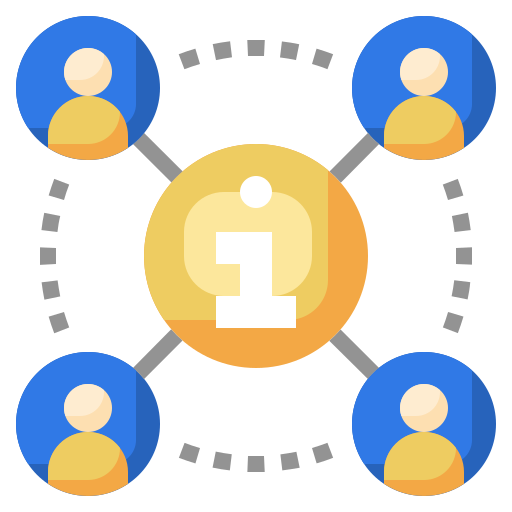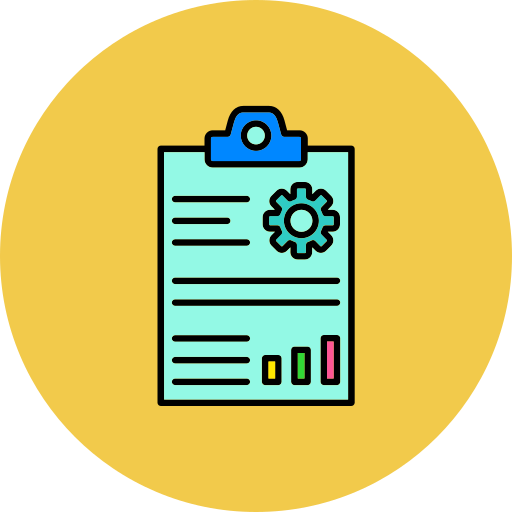Follow Us :
enquiries@glowingpsychology.com
Dyslexia is a specific learning difficulty that affects how individuals process written and spoken language, particularly impacting reading, spelling, and writing skills. Despite average or above-average intelligence, people with dyslexia may find it challenging to decode words, understand phonics, or retain information when reading. A dyslexia assessment is a structured and detailed evaluation designed to identify these difficulties and provide clarity around a person’s learning profile.
During the assessment, a range of standardized tests and interviews are used to measure literacy skills, cognitive abilities, and processing speed. The goal is not only to confirm whether dyslexia is present but also to highlight the individual’s unique strengths and challenges. By understanding these patterns, parents, educators, and professionals can develop tailored strategies to support learning. Ultimately, a dyslexia assessment helps to remove uncertainty, guide effective interventions, and ensure that every learner has the opportunity to thrive academically and personally.

We’re with you every step of the way
We collect data from multiple sources — parents, teachers, school records — and explore developmental, cognitive, and literacy history.
Before the assessment takes place, we will share some pre-assessment questionnaires with you, which we will need you to complete as fully as possible. We will then use this insight to identify the most suitable assessment.
Please note: If there is a strong indication, we will invite you to progress to the next phase.

Step
2
We administer validated assessments covering reading, word recognition, spelling, decoding, written expression, and cognitive skills such as working memory and processing speed.

Step
3
A comprehensive report is prepared, outlining strengths, areas needing support, and clear recommendations.

Step
4


Understanding Dyslexia Assessments
An evaluation for dyslexia gives a comprehensive picture of a person’s learning profile by highlighting their reading, spelling, and writing strengths and areas of weakness. Beyond simply naming troubles, its goal is to comprehend their causes and the most effective ways to assist them. Standardized reading and cognition tests are often administered, developmental and educational histories are reviewed, and feedback from parents, teachers, or caregivers is gathered. In addition to confirming the existence of dyslexia, the final product is a thorough report that offers helpful suggestions for environments at work, home, and in schools. Dyslexia evaluations provide direction and clarity, enabling professionals, families, and students to adopt successful techniques that foster resilience, self-assurance, and long-term success.
Common Dyslexia signs
Dyslexia can present differently in each individual, but some common signs include:



All the services we provide are charged for.
We operate as a not-for-profit independent organisation. This means you can always be assured that our fees are the lowest we can reach while maintaining the highest quality of assessment and support.
Please get in touch with the admin team for any specific queries about pricing.
No. Our clinicians can only provide a diagnosis if they believe you meet the diagnostic criteria. It would not be possible or ethical to guarantee a diagnosis. Complex histories or external factors may impact outcomes. We cannot refund fees based on diagnosis absence, as our service provides a rigorous UK best practice model assessment, not a specific diagnosis.
Yes. Our Adult Autism Assessment includes the Diagnostic Interview for Social and Communication Disorders (DISCO), conducted by an experienced psychologist or psychotherapist which is an inclusive Autism assessment tool particularly useful for assessing Autism in women and non-binary people. This is followed by an assessment by a neurodevelopmental specialist psychiatrist to ensure a comprehensive evaluation.
Yes, our clinicians are experienced in understanding masking complexities. Share information about how your child masks and their coping strategies during the assessment. Encourage your child to share how they feel with the clinicians. It is important that the clinicians have enough evidence to support a diagnosis, think about different settings that your child’s symptoms present in and share information with them.
The clinician’s must be able to evidence that the symptoms are present in a setting outside of home such as school, or an extra curricular activity. A professional in one of these settings will need to fill out pre-assessment questionnaires about your child’s symptoms and traits.
No, we don’t prescribe medication for ADHD.